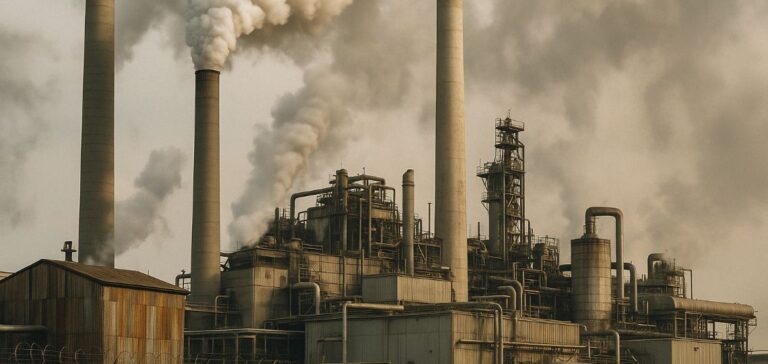France plans to allocate €400mn to new industrial projects targeting the reduction of greenhouse gas emissions, the Ministry for the Economy and the Ministry for Industry announced. This initiative forms part of the France 2030 investment plan, designed to enhance the country’s industrial competitiveness while meeting climate commitments. The financial support will be provided through calls for projects, despite a constrained budgetary environment.
The scheme includes grants for industrial players seeking to modernise their production systems, particularly by replacing gas-fired boilers with installations powered by biomass of plant or animal origin. The projects may involve processes such as plaster drying, common in certain manufacturing sectors. The government aims to support technical transitions on production lines while maintaining industrial operations.
Funding tailored to business sizes
The calls for projects will also address infrastructure needs in large industrial zones, notably in Dunkirk, with an emphasis on pooling decarbonisation efforts. Preliminary studies will be funded to coordinate collective strategies, such as the development of intercompany heating networks. This approach aims to maximise energy efficiency on a territorial scale.
An allocation is also planned for small businesses to support swift technical upgrades. Examples include the installation of pipelines to connect to an existing heating network, financed via grants or repayable advances. Successful applicants will be required to report the decarbonisation outcomes of their funded projects, enabling precise monitoring of the environmental results achieved with public funding.
Industrial goals and budgetary constraints
Launched in 2021, the France 2030 plan is mobilising €54bn over five years to support innovative technologies and strengthen strategic industrial sectors. The initiative reflects a commitment to address France’s industrial lag while fostering long-term competitiveness. The Ministry for the Economy reiterated that fiscal discipline remains a priority, without sidelining climate-related imperatives.
The latest available data shows a 1.8% decrease in industrial emissions in 2024, following a more active year of decarbonisation in 2023. While the energy sector has recorded significant improvements, heavy industry continues to face structural challenges in adapting its infrastructure. The Minister for the Economy, Éric Lombard, noted that global market pressures must not hinder long-term transformation efforts.





















